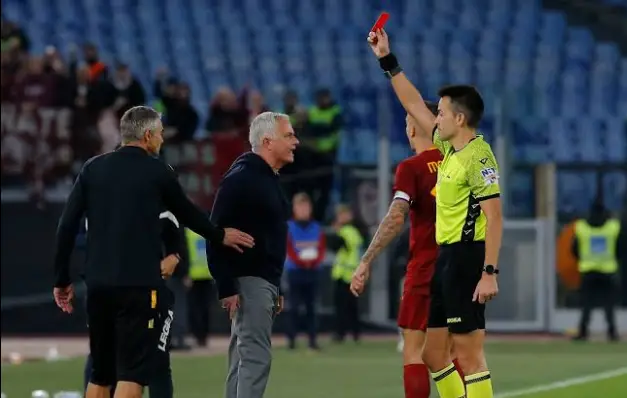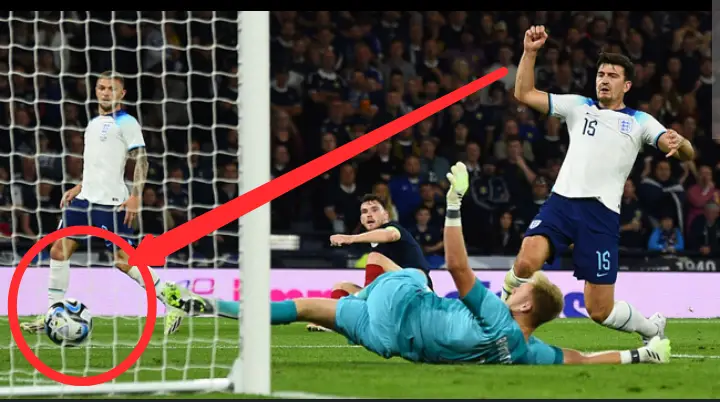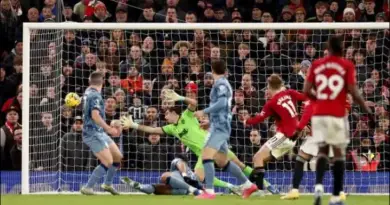The Major Reasons Why AS. Roma Sacked José Mourinho
Unraveling Mourinho’s Downfall: The Inside Story Behind AS Roma’s Decision
In a shocking turn of events, AS Roma has officially parted ways with their manager, Jose Mourinho, bringing an end to his two-and-a-half-year reign in the Italian capital. The announcement came on Tuesday morning, leaving fans and football enthusiasts wondering about the circumstances leading to Mourinho’s departure.
A Rollercoaster Journey:
Mourinho, a seasoned manager with an extensive resume, initially won over the Roma faithful in his first season by clinching the Europa Conference League. His second season saw the team reach the final of the Europa League, showcasing promise. However, the 2023–24 season took an unexpected downturn, with Roma languishing in the ninth spot in Serie A, prompting the board to make a tough decision.
Financial Strain and Points Per Pound:
A critical factor in Mourinho’s departure was the financial strain imposed by the team’s performance. According to reports, every point earned by Roma under Mourinho’s management cost the club €3.5m (£3m). With the team’s total of 29 points from 20 games being their worst since 2002–03, the financial burden became increasingly hard to ignore.
Struggles On and Off the Pitch:
The warning signs appeared early in the season, with Roma winning just one of their first six league games. Mourinho’s dissatisfaction was evident, with his complaints about the schedule, injuries, and transfer activity drawing attention. His constant media guerrilla warfare, coupled with touchline behavior resulting in red cards, began to test the patience of the board.
Transfer Discontent and Owner Discord:
Mourinho’s displeasure with Roma’s transfer dealings, despite securing notable players, including Paulo Dybala and Romelu Lukaku, upset the club’s American owners, the Friedkin family. The owners had emphasized financial prudence in the market, a directive Mourinho seemingly defied.
Touchline Tantrums and Criticism:
Mourinho’s touchline ban did not curb his confrontational approach. Red cards, criticism of officials, and public dissatisfaction with his squad became recurring themes. His remarks about the players’ professionalism and lack of commitment further strained the relationship between the manager and the team.
Third-Season Syndrome:
Despite his initial success, Mourinho couldn’t escape the infamous third-season syndrome. Roma’s recent poor form, combined with the manager’s contentious relationship with players, officials, and owners, led to his eventual departure.
The Final Act:
Mourinho’s last game, a 3-1 defeat to AC Milan, highlighted the team’s struggles. With just four points from the last five games, the writing was on the wall. After a meeting with President Dan Friedkin, Mourinho’s exit was confirmed.
In the end, while Mourinho may have ended Roma’s silverware drought, the strained relationships and disappointing results necessitated the club’s decision. As Roma looks for a new head coach, Mourinho’s legacy will be marked by both triumphs and challenges during his time in the Italian capital.



